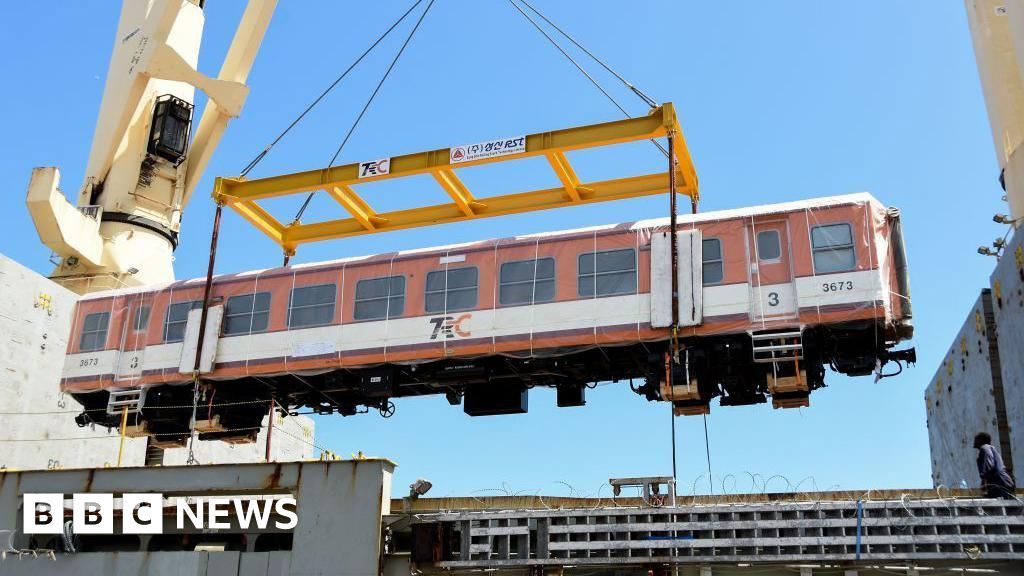You have a preview view of this article while we are checking your access. When we have confirmed access, the full article content will load.
News Analysis
Tapping into a fast-growing economy, Prime Minister Narendra Modi has been offering financial help to India’s neighbors as he tries to counter China’s influence.

Oct. 10, 2024Updated 2:29 a.m. ET
As political turmoil churns India’s immediate neighborhood, Prime Minister Narendra Modi’s government has been using a relatively new asset to compete with China for influence: the financial wherewithal that comes with a fast-growing economy.
When Sri Lanka suffered economic catastrophe in 2022, India stepped in with over $4 billion in aid. In tiny neighboring Bhutan, which has boundary disputes with China, Mr. Modi this year doubled India’s assistance, to $1 billion over five years. In Bangladesh, he provided billions for infrastructure projects to back that country’s autocratic leader, who promoted India’s interests until she was ousted in August.
The latest beneficiary is the Maldives. Its new president, Mohamed Muizzu, campaigned last year on an “India Out” platform, demanding that Mr. Modi withdraw a small military contingent from the archipelago nation. But that seemed forgotten on Monday, when Mr. Muizzu arrived in New Delhi for a state dinner, a photo opportunity at the Taj Mahal with his wife, and over $750 million in Indian aid to bail his government out of extreme fiscal stress.
“India is a key partner in the socioeconomic and infrastructure development of the Maldives and has stood by the Maldives during our times of need,” said Mr. Muizzu, standing next to Mr. Modi.
Image
India’s economy is growing at about 7 percent while China and its other neighbors struggle to return to prepandemic growth levels, according to the World Bank. Political and business leaders increasingly see India, despite frustrations with its bureaucracy, as an exciting partner for deals and trade agreements, with an economy that has yet to reach its full potential.

 1 month ago
10
1 month ago
10











 English (US) ·
English (US) ·